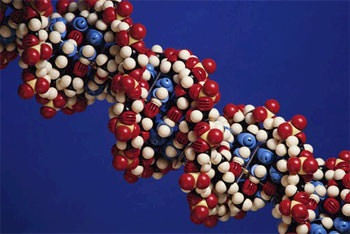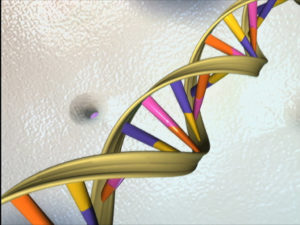Study: Sexual Desire in the Genes
Researchers have discovered that differences in human sexual desire can be attributed to genetic variations.
Researchers have discovered that differences in human sexual desire can be attributed to genetic variations.
Your support matters…LiveScience.com:
Your sexual desire or lack thereof could be in your genes, scientists announced today. The discovery might change how psychologists view sexuality.
The researchers found that individual differences in human sexual desire can be attributed to genetic variations. The study is the first to provide data to show that common variations in the sequence of DNA impact on sexual desire, arousal and function, the researchers said.
The scientists, at the Hebrew University of Jerusalem, examined the DNA of 148 healthy male and female university students and compared the results with questionnaires asking for the students’ self-descriptions of their sexual desire, arousal and sexual function. They found a correlation between variants in a gene called the D4 receptor and the students’ self-reports on sexuality.
Independent journalism is under threat and overshadowed by heavily funded mainstream media.
You can help level the playing field. Become a member.
Your tax-deductible contribution keeps us digging beneath the headlines to give you thought-provoking, investigative reporting and analysis that unearths what's really happening- without compromise.
Give today to support our courageous, independent journalists.





You need to be a supporter to comment.
There are currently no responses to this article.
Be the first to respond.